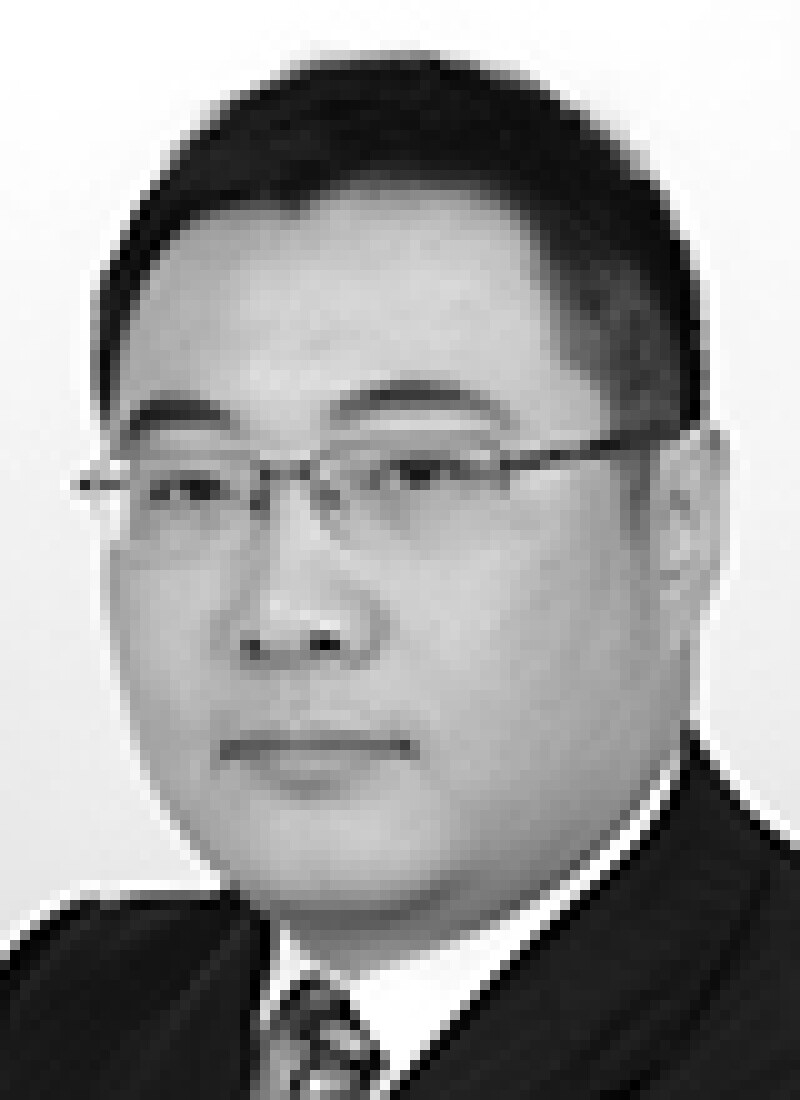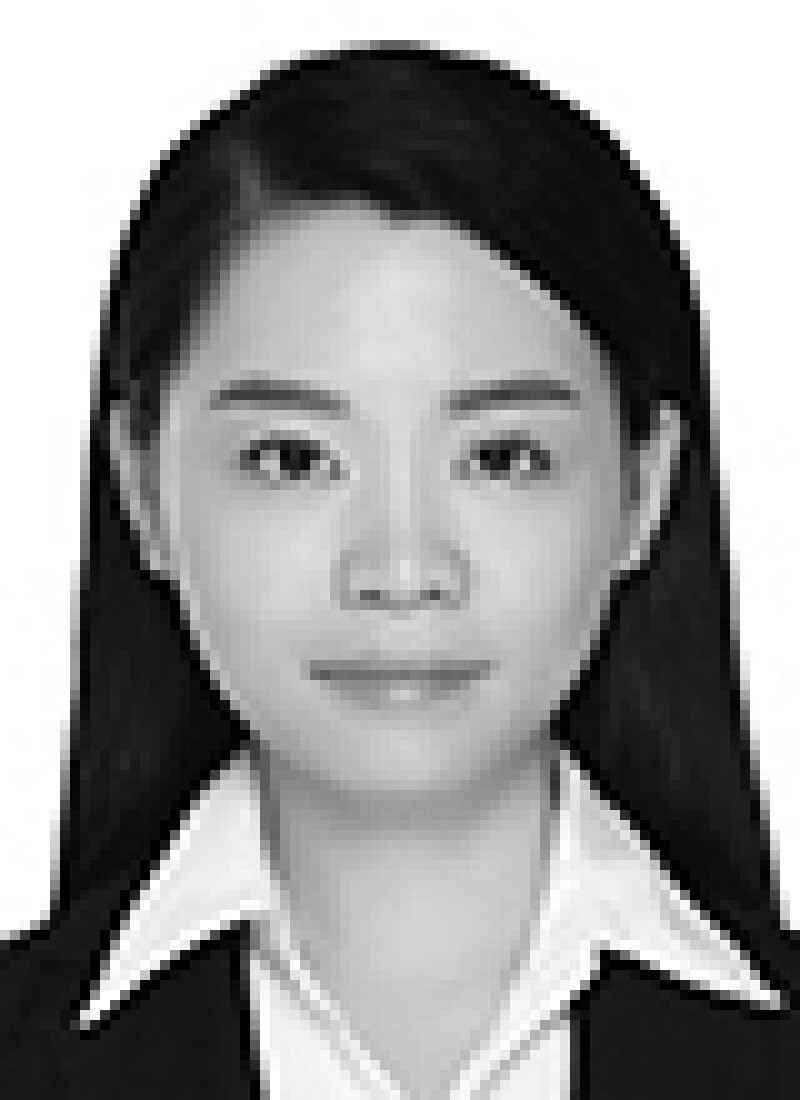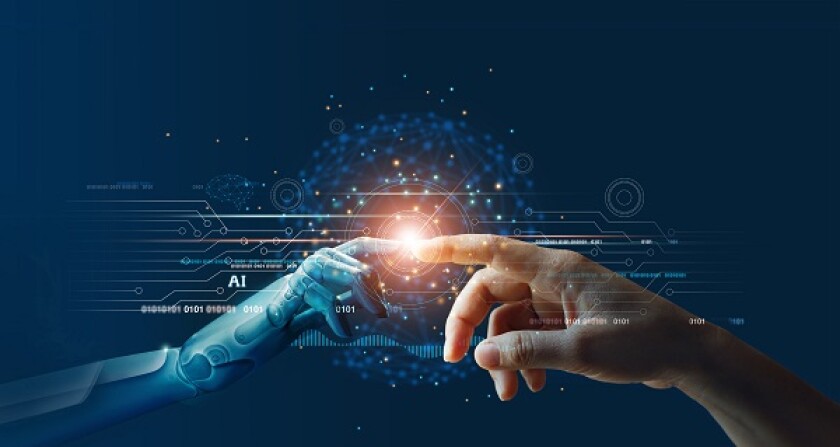Invention has long been regarded as a mental activity that can only originate in human beings. However, with the booming of artificial intelligence (AI) technology in recent years, AI has been endowed with the ability to simulate human mental activities and perform innovative tasks by itself. So far, it is reported that AI technology is capable of conducting scientific experiments, developing technical crafts and completing industrial designs. In the near future, AI is even expected to have the capability to discover natural principles and create fundamental knowledge. Against this background, demands have risen for the protection of AI innovation. In particular, the question being asked is can those inventions solely made by AI "inventors" be protected through filing a patent application and be granted, just like those made by human beings?
Generally, there is a global push towards incorporating technical solutions created by AI into patent law scope. However, a range of issues arise from this. One of the most important issues is whether AI can become an eligible inventor? In terms of this issue, recent examination results for "DABUS" related applications may offer a good example of general opinions of patent offices in various countries.
"DABUS" is an AI system developed by an American artificial intelligence expert, Stephen Thaler. Since 2018, Thaler has filed applications in various countries for two technical solutions involving food containers and light for attracting enhanced attention, which were invented by DABUS. The interesting point is that, in prosecution, Thaler would like to designate the AI system "DABUS" instead of himself as the inventor, which was the first time that AI had been designated as the inventor in an application.
However, the above applications were rejected by patent offices in multiple countries because of AI inventor issues. The grounds for the rejection decision issued by the European Patent Office (EPO) on January 27 2020 pointed out that the "inventor" refers to a natural person only, and AI systems or machines cannot have rights as inventors or even any other rights because they have no legal personality. This is assigned only to natural or legal persons. The petition decision published by the US Patent and Trademark Office (USPTO) on April 27 2020 also clearly indicated that only natural persons may be named as an inventor in a patent application. Furthermore, the UK Intellectual Property Office (UKIPO) also explicitly rejected the designation of AI as an inventor during prosecution.
Although no patent applications that designate AI as the inventor have been filed at the China National Intellectual Property Administration (CNIPA), the CNIPA holds similar opinions to other major patent offices – that is, the inventor of a patent application should be a natural person, and AI cannot be designated as an inventor. According to the report from the IP5 expert round table on artificial intelligence (published on October 31 2018), the five major intellectual property offices, including the CNIPA, have reached an agreement that although it is difficult to determine whether a particular invention is made by a human or a machine, the inventor designated in a patent application should be a natural person.
Another issue arising from classing AI as an inventor is that the determination of the patent inventor may affect the determination on qualification of patent applicant and patentee. For instance, for many patent applications in China, the inventor and the applicant are the same person. In the US, the inventor and the applicant should be the same, and the inventor can transfer the application right to another party by signing an assignment agreement. Therefore, whether AI can be an eligible inventor may have a great impact on determination of an eligible patent applicant and patentee. We hold the opinion that if AI is accepted as an inventor, the same rules may be applied to determination of the applicant and patentee – that is, AI may also be regarded as an eligible patent applicant or patentee, which seems rather unreasonable. In the case discussed above, the USPTO proposed to make Thaler himself the inventor for the patent application, which to some extent implies that based on the current legal system, the party who owns and uses the AI to make an invention could become the inventor instead of the AI itself. However, in cases where the owner who provides the AI tools and the user who actually uses the AI tools to let them create inventions (e.g. further training the AI by a training dataset and providing inputs to the trained AI) are not the same, how does one determine who can be the inventor and even the applicant or patentee? And if AI could really be a patentee, how would AI decide whether to enforce the patent? That may be an issue to be solved in the near future.
Current AI technology is still of relatively low intelligence, and there is a long way to go before AI is capable of independently making inventions involving novelty and inventiveness prescribed by patent law. Nevertheless, with the rapid development of AI technology, inventions made by AI are very likely to exhibit an exponential growth. This calls for prompt efforts to update relevant law and policy as soon as possible, so as to make us ready to deal with coming AI inventions in the future.

|
Zhifei An |
|

|
Shubei Zhang |












